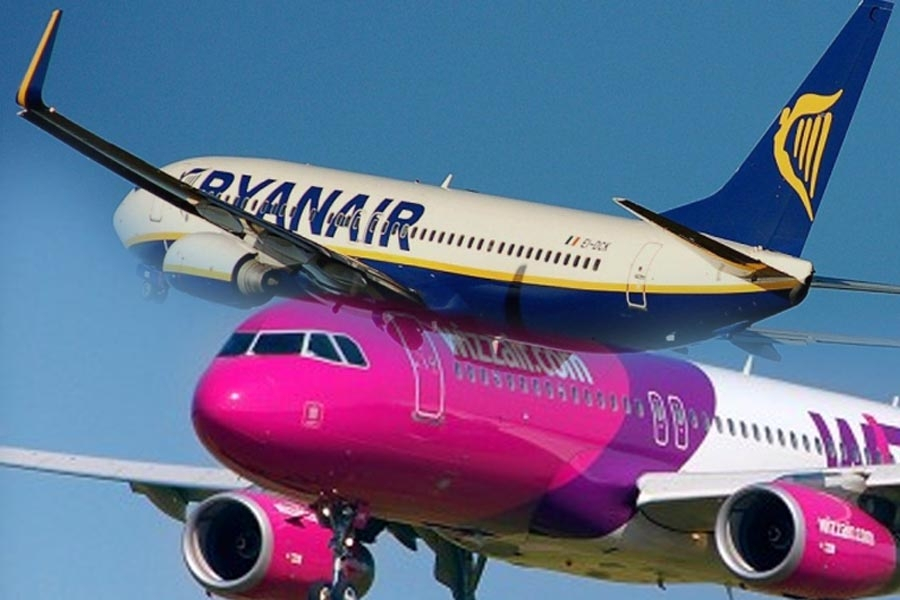#200 Wizz Air’s Retreat from Vienna and Abu Dhabi (and Ryan Air’s, too)
Wizz Air, Hungary’s leading low-cost airline, built much of its growth on a bold strategy: opening local hubs in different countries. By basing aircraft and crews abroad, it could connect new markets without relying only on Budapest. Over the years, this approach took Wizz Air into Poland, Romania, Italy, and the UK. In 2025, the company even announced a new hub in Armenia with two planes, followed by expansion into Moldova and other countries.
But the same strategy also carried risks. Each new base was a test: if the market worked, Wizz Air grew; if not, it pulled back. That is exactly what happened in 2025, when the airline announced it would step back from two of its international bases – Vienna, Austria and Abu Dhabi in the UAE. The news caught many by surprise and reminded everyone how unstable the airline industry can be.
The reasons were not the same in both places. In Vienna, the issue was money. Airport fees, local taxes, and ground handling costs kept rising. For an airline that depends on ultra-low operating costs to sell cheap tickets, this was not sustainable. Vienna’s central location in Europe was attractive, but location alone could not cover the growing bills. Even Ryanair, Europe’s largest low-cost carrier, later in the year announced it was leaving Vienna Airport for the same reasons.
The situation in Abu Dhabi was more complicated. Politics and the environment created obstacles that were harder to control. After Israel’s strikes on Iran’s nuclear sites, airspace restrictions in the region tightened. At the same time, the hot desert climate put extra stress on aircraft engines, increasing maintenance costs. Add regulatory hurdles, and what once looked like a promising hub quickly became a burden.
CEO József Váradi had to make a choice. Keeping both bases meant losing money every month, while closing them meant unhappy passengers, layoffs, and giving up markets the airline had once hoped to dominate. In the end, Wizz Air decided to concentrate on Central and Eastern Europe, where costs are lower and demand is more reliable. Passengers lost options, and competition on some routes weakened. But for Wizz Air, it was about survival and discipline.
This case shows how airlines, especially low-cost ones, always walk a thin line between expansion, financial limits, politics, and risks they cannot fully control.
Post written by Agassy Manoukian
